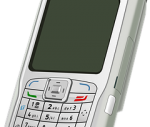Russia: Mandatory identification marking of tobacco products
As of 1 March 2019 all tobacco manufacturers and sellers are required to register with the national system “Chestny Znak” in order to ensure their products bear compulsory identification marks.
As of 1 July 2019, it is prohibited to manufacture any tobacco products that have not been marked with an identification mark. All tobacco manufacturers are required to place a unique code (in Data Matrix format) on each pack of cigarettes.















